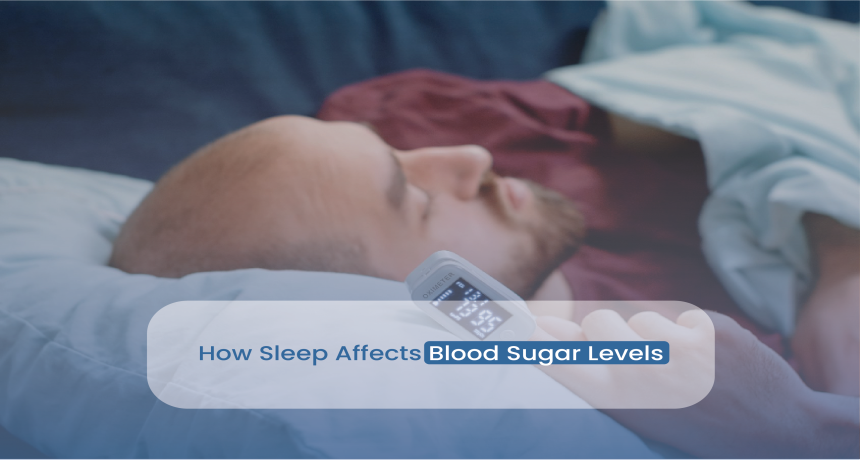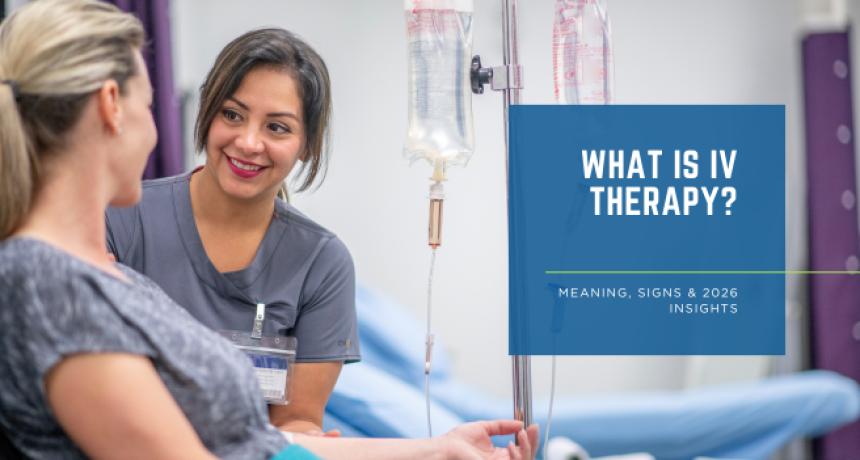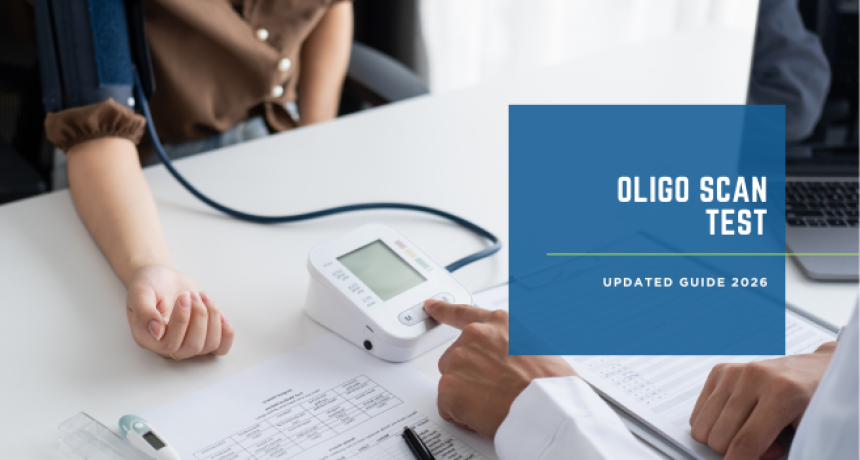How Sleep Affects Blood Sugar Levels
2025-08-25 Understanding the Link Between Sleep and Diabetes Sleep is not just for sleeping. Sleep is one of the most powerful tools your body has to heal, re-energize, and regulate everything from mood to metabolism, including blood sugar levels. If you have diabetes or are at risk for diabetes, your sleep habits are likely more important than you realize. Many people focus on nutrition and physical activity to help manage blood sugar levels (which is great!), but neglect sleep. In this blog, we will discuss the connection between sleep and diabetes, how poor sleep can lead to spikes in blood sugar levels, and tips for better sleep, especially while managing diabetes. To start, I’ll ask a common question: Can lack of sleep cause diabetes? Short answer: Yes, it can increase your risk. When you get less sleep and especially less quality sleep, your body is stressed and when your body is stressed, it produces more cortisol (the stress hormone). Cortisol can increase your insulin resistance; this means that your body is not able to utilize insulin the way that it should. When this happens, your blood sugar levels will rise. In addition to insulin resistance, the cumulative impact of chronic poor sleep can reduce your body's ability to regulate blood sugar, which can, in turn, increase your risk of developing type 2 diabetes. Sleep deprivation can also have the following effects: Increase cravings for sugary or high-carbohydrate foods Make you feel too exhausted to exercise Affect your decision-making process, thus leading to lifestyle choices detrimental to your health All of these areas can contribute to increasing your risk for diabetes or making it more difficult to manage if you already have diabetes. If you're living with diabetes, then you are probably already having some difficulties sleeping, and that's not a coincidence. People with diabetes tend to have: nocturia (frequent urination at night) restless legs syndrome (RLS) neuropathy (nerve pain) night sweats blood sugar highs or lows during sleep These can make getting to sleep or staying asleep difficult, and when you are sleep deprived, blood sugar control can worsen, thus continuing the cycle. A particularly prevalent sleep disorder related to diabetes is sleep apnea, especially obstructive sleep apnea (OSA). Sleep apnea is a disorder that causes your breathing to start and stop multiple times while you are sleeping; you may not even realize you are experiencing it. Symptoms of sleep apnea include: Loud snoring Gasping for air at night Daytime fatigue despite hours of sleep Morning headaches Inability to focus at work or during the day Sleep apnea deprives your body of adequate oxygen, reduces your sleep quality, and ultimately affects your blood sugar levels. Other research points to increased levels of insulin resistance and for people with diabetes, it makes blood sugar control much more difficult. There is also evidence to support that a person with sleep apnea has a higher chance of developing type 2 diabetes, and people diagnosed with type 2 diabetes are more likely to be diagnosed with sleep apnea. If you think you have sleep apnea, have a conversation with your doctor. A very simple sleep study could potentially diagnose it, and the appropriate treatment (a CPAP machine) could greatly improve your sleep and blood sugar management. Lots of people with diabetes observe some strange things: They have high blood sugar at night or in the morning, or both, even though they have not eaten anything. What is going on? Here are some possible reasons: Between 2 a.m. and 8 a.m., our bodies release hormones, like our cortisol and growth hormone, to allow us to wake up. These hormones can all increase blood sugars - especially if insulin is not working well. This is when blood sugars drop too low at night (hypoglycemia), and we respond by putting sugar into the bloodstream, producing a rebound high. Not having enough quality sleep will lead to morning highs as well. As I mentioned above, not having enough sleep leads to insulin resistance. If you are having nighttime or morning highs, get in contact with your healthcare provider. I would suggest checking your sugar at various times overnight as well as your medication, food, or bedtime routine. You might be surprised to find out that your sleeping position may have an effect on your health. There is no single best position for everyone, but here are some things to consider: Left side sleeping - Can enhance circulation (good for those with heart disease or hypertension). It will likely assist in digestion and may lessen acid reflux. Back sleeping - Keeps spine aligned, but sleep apnoea and snoring may worsen. Right side sleeping - Generally comfortable, but it is not the best for acid reflux or heart problems. Stomach sleeping - Should be avoided (especially for those with diabetic neuropathy), as stomach sleeping puts pressure on nerves. If you have diabetes and sleep apnoea, side sleeping (particularly left) may help prevent an airway blockage, which helps in breathing. Tip: Use a supportive pillow and try to maintain a natural alignment of the spine. If you have nerve pain or circulation issues, consult your doctor about the best sleeping position for you. Getting better sleep isn’t always easy, but small changes can go a long way. Here are a few sleep-friendly habits you can try: Go to bed and wake up at the same time every day, even on weekends. Your body loves routine. Avoid tea, coffee, soda, or sugary snacks in the evening. They can keep you up and affect your blood sugar. Eating heavy meals right before bed can cause blood sugar fluctuations and discomfort. Dim the lights, keep your room cool, and avoid screens 30–60 minutes before bed. Blue light from phones and TVs can mess with your body’s natural sleep cycle. Regular exercise helps with both blood sugar and sleep, just try to avoid intense workouts right before bed. Worry and anxiety can keep you up at night. Try deep breathing, meditation, journaling, or light reading to wind down. When to Talk to a Doctor If you frequently feel exhausted, struggle to sleep, or experience drastic overnight blood sugar fluctuations, please pay attention. This may be an indication of: Sleep apnea Poor blood sugar control Another underlying health condition Managing diabetes is hard enough; you’re not alone in your sleep issues, and LB Clinics' diabetes reversal program in Delhi can help you understand the problem and how to resolve it. Sleep is not a luxury, it is an integral part of diabetes care. Getting better sleep: Helps keep your blood sugar steady Improves insulin sensitivity Increases energy and mood Supports overall health So whether you are living with or working to prevent diabetes, don’t underestimate the value of a good night’s sleep. So when you lie your head down tonight, remember, you are not just going to sleep, but also resetting, healing, and helping your body better care for itself. Sleep well, steady sugar.Can Lack of Sleep Cause Diabetes?
Sleep Problems in Diabetes
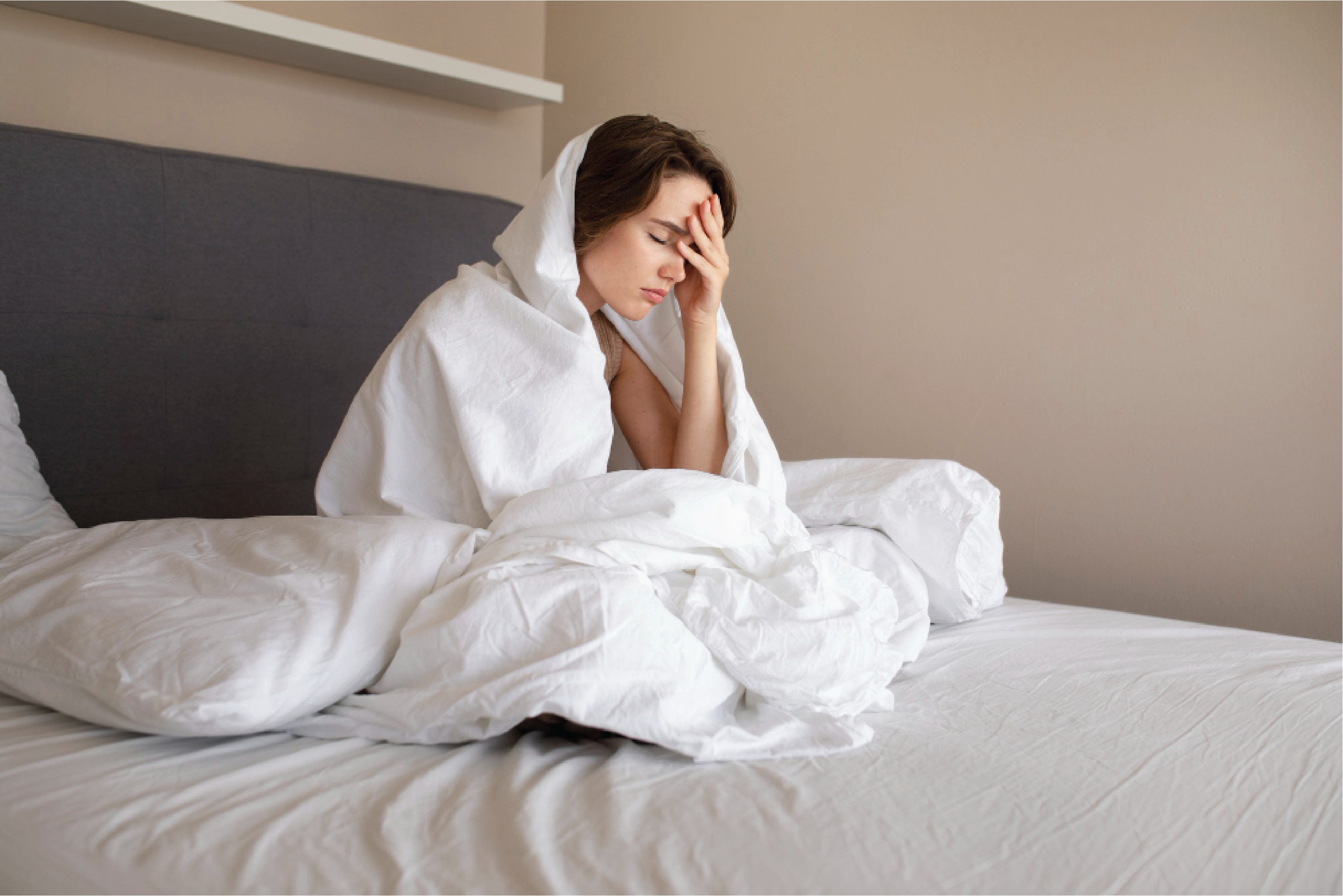
Sleep Apnea and Diabetes
What is Sleep Apnea?
Why Does This Matter for Diabetes?
Blood Sugar Spikes at Night
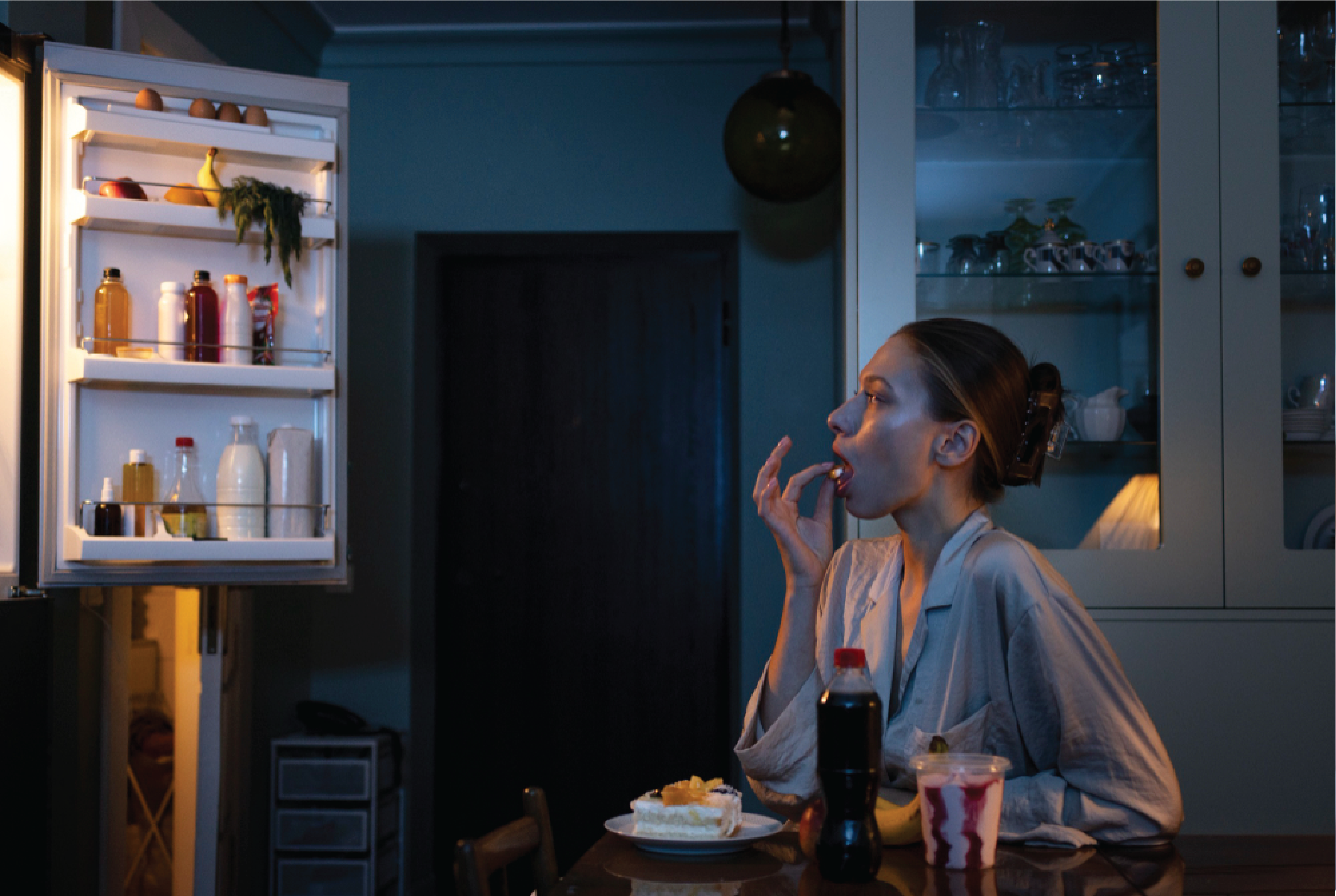
The Dawn Phenomenon
The Somogyi Effect
Poor Sleep Quality
Best Sleeping Position for Diabetics
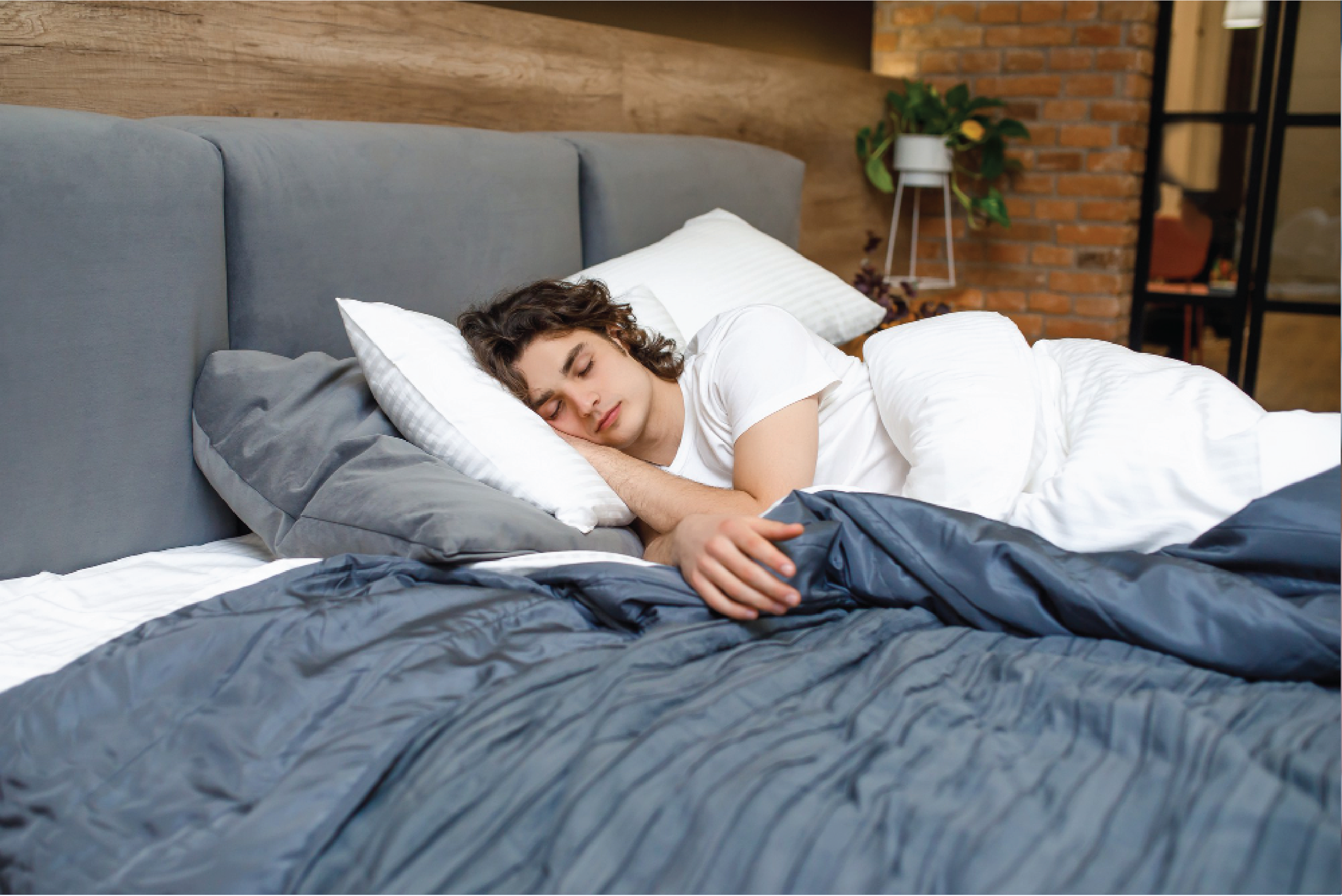
Tips to Sleep Better with Diabetes
1. Stick to a Sleep Schedule
2. Limit Caffeine and Sugar Before Bed
3. Avoid Big Meals Late at Night
4. Create a Calm Sleep Environment
5. Be Active During the Day
6. Manage Stress
Conclusion:
.png)
